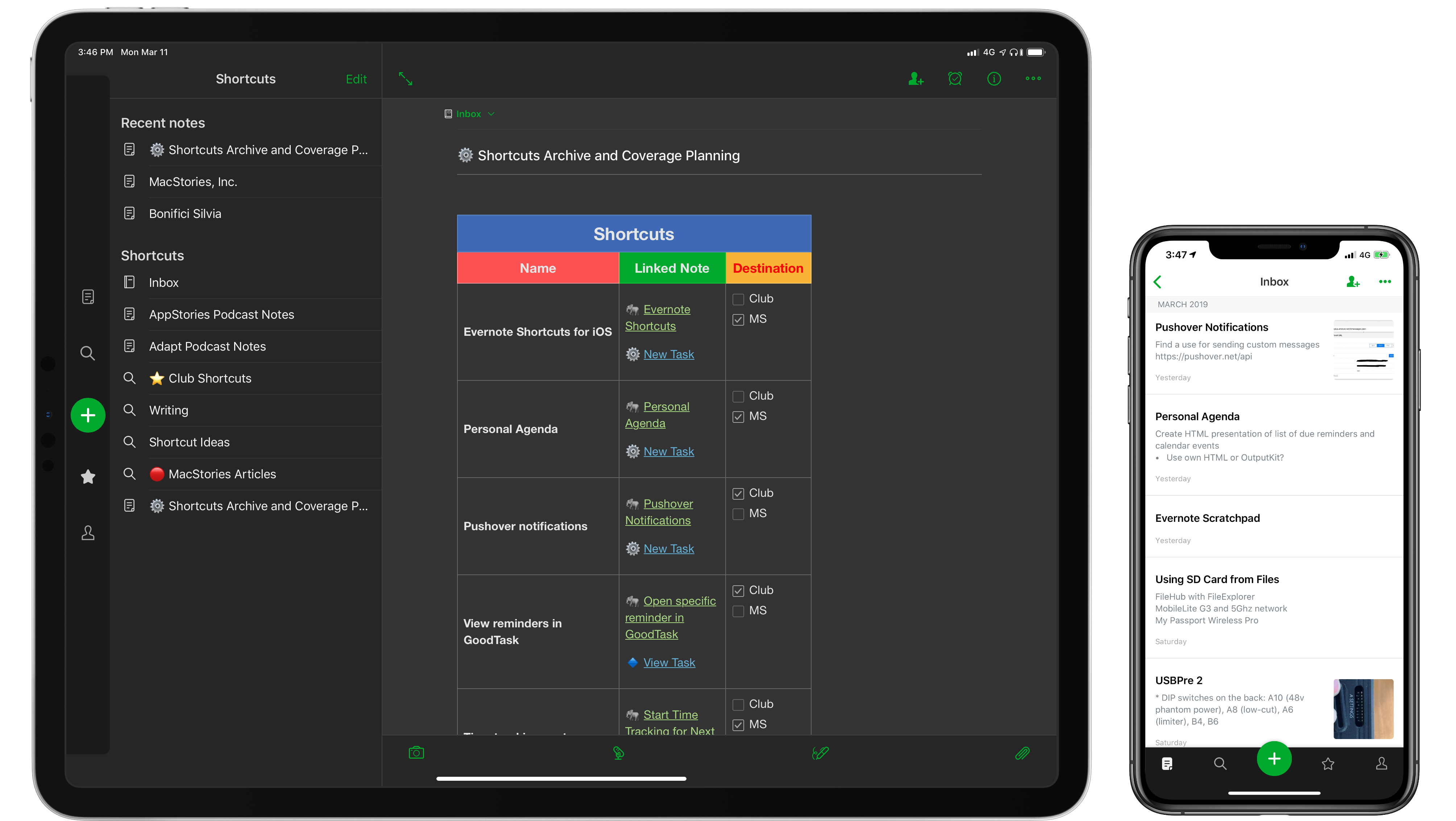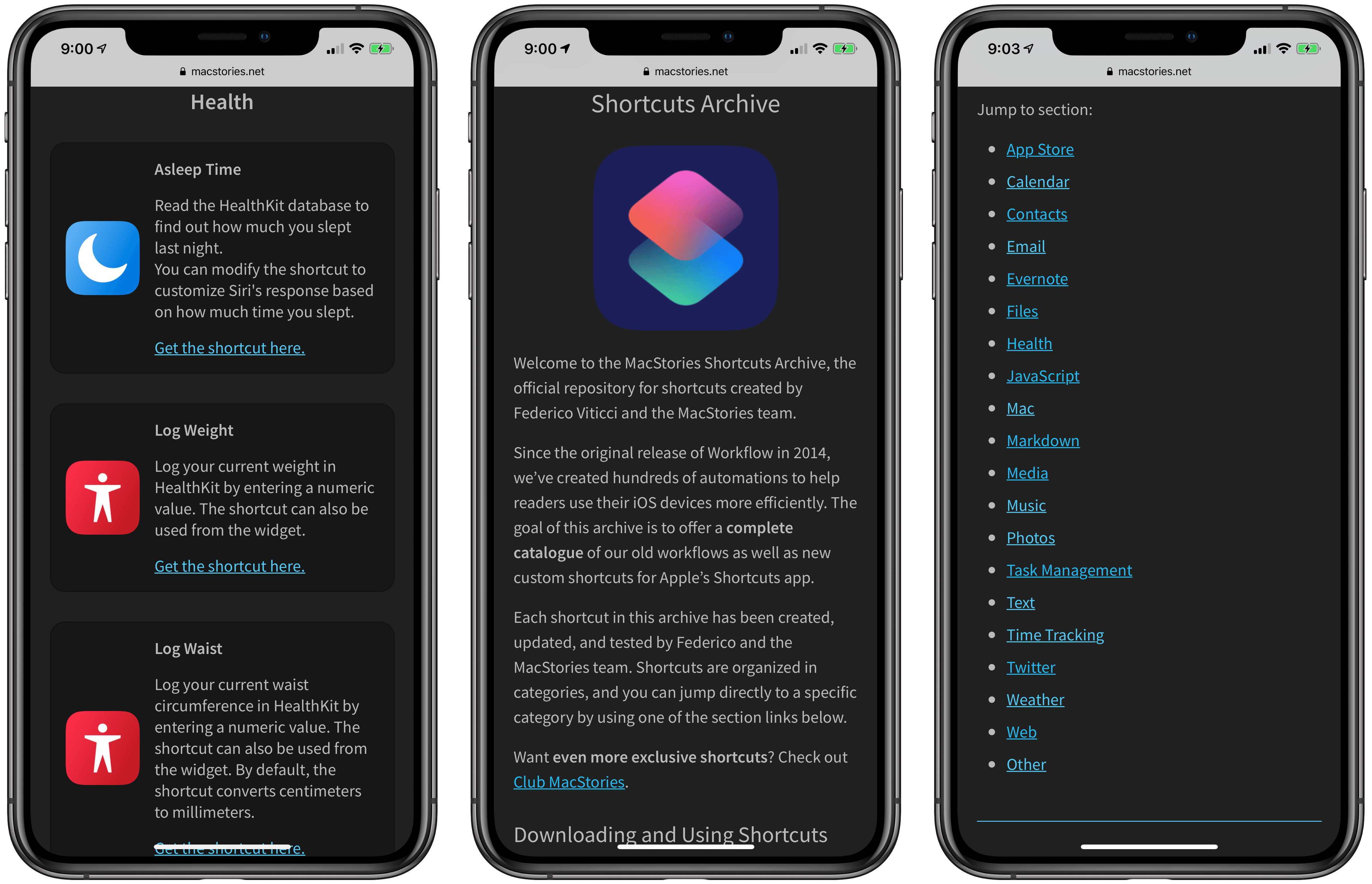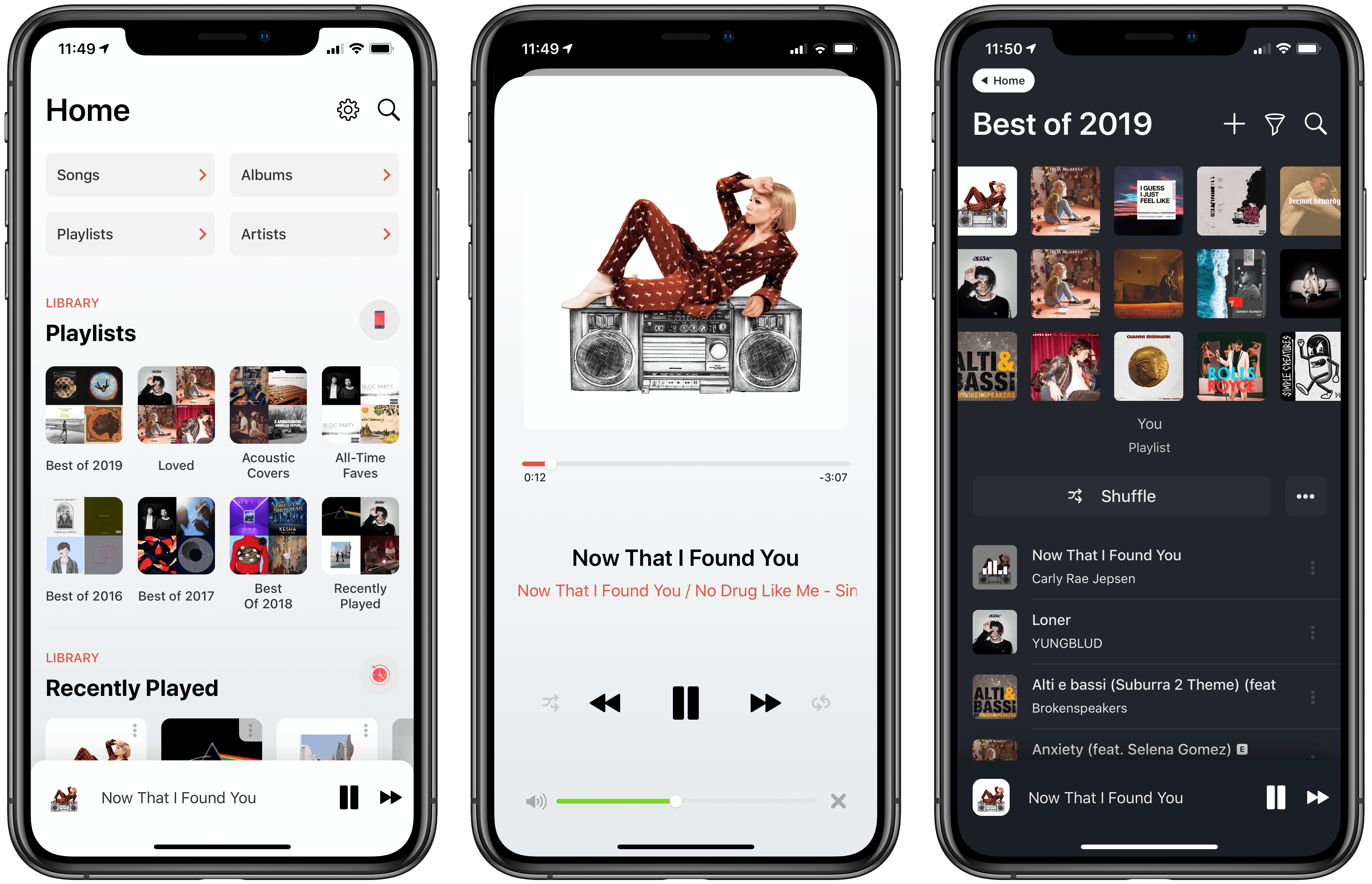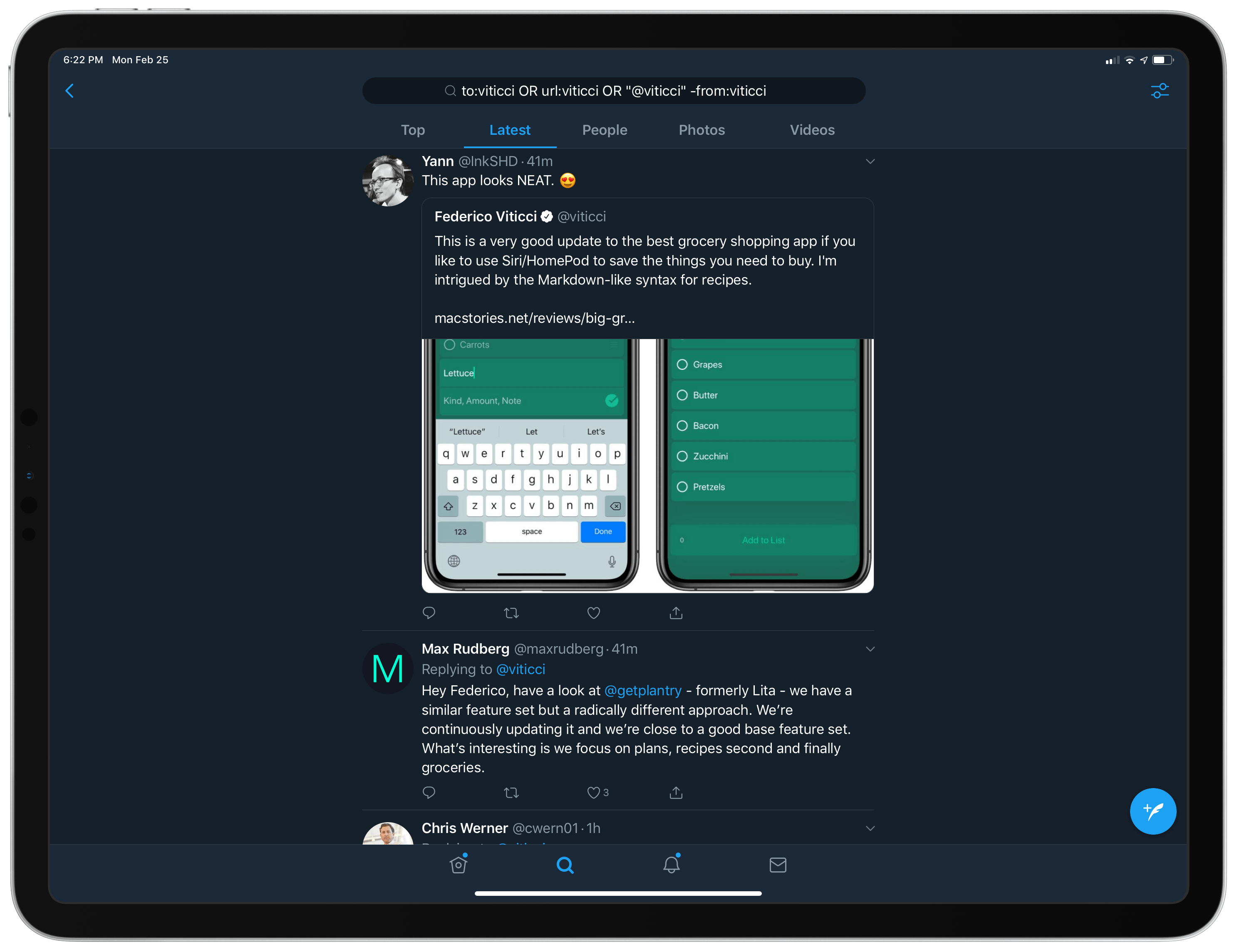Apple’s Phil Schiller was a guest on the latest episode of ATP. I listened to the interview this morning, and I think Marco, Casey, and John did an excellent job in getting Schiller’s perspective on how Apple approaches WWDC, the relationship with indie developers and bigger companies, and more. I strongly disagree with Schiller’s thoughts on the ideal box lunch, but it’s a fantastic interview and you should listen here.
Connected, Episode 234: Photo Manage Spotify Out of Existence→
Stephen introduces his co-hosts to a groundbreaking iPad drawing application, Federico starts a new mini-series and Myke buries the lede concerning Spotify.
On this week’s episode of Connected, we started a new mini-series about improvements we’d like to see in Apple services, starting with Apple Music. You can listen here.
Also, do not miss our new merch, available here for a limited time.
Sponsored by:
- TextExpander, from Smile: Recall your best words. Instantly, repeatedly. Get 20% off your first year.
- Luna Display: The only hardware solution that turns your iPad into a wireless display for your Mac. Use promo code CONNECTED at checkout for 10% off.
- Squarespace: Make your next move. Enter offer code CONNECTED at checkout to get 10% off your first purchase.
Reconsidering Evernote in 2019
Like the best origin stories, this article comes from humble beginnings. A few weeks ago, I had the idea of adapting my shortcut to save webpage selections from Safari (see Weekly 151, 152, and 153) to make it work with Keep It rather than a JSON file. Simple enough, right? Given a text selection in Safari, I wanted to see if I could create a shortcut to append rich text to an existing document in Keep It without launching the app.
As Club MacStories members know, Keep It is the app I’ve been using for the past several months to hold my research material, which played an essential role in the making of my iOS 12 review (see Issues 135 and 144) of MacStories Weekly). But then I remembered that Keep It’s integration with Shortcuts was limited to URL schemes and that the app did not offer Siri shortcuts to append content to existing notes1. That was the beginning of a note-taking vision quest that culminated in this column, even though I’m not sure I reached the destination I was originally seeking.
Connected, Episode 233: AirDrop the Bass→
Federico talks about the new MacStories Shortcuts Archive and the guys check in with iOS 12 halfway through its lifecycle.
On this week’s episode of Connected, we reassess the impact of iOS 12’s major new features. You can listen here.
Sponsored by:
- ExpressVPN: High-Speed, Secure & Anonymous VPN Service. Get 3 months free with a 1-year package.
- Hover: Extensions for anything you’re passionate about. Grab a .ME domain for $9.99.
- Luna Display: The only hardware solution that turns your iPad into a wireless display for your Mac. Use promo code CONNECTED at checkout for 10% off.
Introducing the MacStories Shortcuts Archive, a Collection of 150 Custom Shortcuts for Apple’s Shortcuts App
After several months of work, I’m pleased to announce the MacStories Shortcuts Archive – the official repository for shortcuts I’ve created over the years (including when they used to be called “workflows”) and which have been updated, tested for the Shortcuts app, and collected in a single place.
You can find the archive at macstories.net/shortcuts. In this first version, the archive contains 150 shortcuts, but more will be posted over time. Each shortcut was created and tested by me and the MacStories team; all of them have been categorized, updated for the Shortcuts app, and marked up with inline comments to explain what they do.
Even better, they’re all free to download and you can modify them to suit your needs.
Soor: A Third-Party Apple Music Client for iPhone
Soor, a third-party client for Apple Music created by indie developer Tanmay Sonawane, is based upon a fascinating premise: unlike other standalone music players for iPhone, Soor works with Apple’s native MusicKit API, enabling direct integration with Apple Music; unlike Apple’s Music app though, Soor prioritizes one-handed gestures, user customization, and a single-page design that packs multiple sections into one view. In theory, Soor should be the optimal blend of two different worlds – a third-party music player with its own aesthetic and stylistic choices combined with Apple Music data and the service’s vast streaming catalog. In practice, while Soor has some solid ideas I’d like to see in Apple Music too, and despite its intriguing visual design, the app doesn’t qualify as a complete replacement for the Music app on iPhone.
Connected, Episode 232: The Unique Blend of Tattoos and Automation→
After skipping follow-up, Myke and Federico try to explain the new USB branding, discuss fingerprint sensors and the merits of Evernote in 2019, and wish for apps that don’t exist (but should).
On this week’s episode of Connected, I share more details about my Evernote experiments as well as an idea for an app I’d like to exist. You can listen here.
Sponsored by:
- eero: Never think about WiFi again. Get $100 off the ‘Eero base unit and 2 beacons package’, and a year of eero Plus.
- Luna Display: The only hardware solution that turns your iPad into a wireless display for your Mac. Use promo code CONNECTED at checkout for 10% off.
- Squarespace: Make your next move. Enter offer code CONNECTED at checkout to get 10% off your first purchase.
USB 3.0 and USB 3.1 Merged Under New USB 3.2 Branding→
Juli Clover, writing for MacRumors about the latest rebrand in USB spec land:
The USB Implementers Forum (USB-IF), this week announced a rebranding of the USB 3.0 and USB 3.1 specifications, under the USB 3.2 specification. As outlined by Tom’s Hardware, USB 3.0 and USB 3.1 will now be considered previous generations of the USB 3.2 specification.
Going forward, USB 3.1 Gen 1 (transfer speeds up to 5Gb/s), which used to be USB 3.0 prior to a separate rebranding, will be called USB 3.2 Gen 1, while USB 3.1 Gen 2 (transfer speeds up to 10Gb/s) will now be known as USB 3.2 Gen 2.
It gets better though:
If the swap between USB 3.1 Gen 1 and Gen 2 to USB 3.2 wasn’t confusing enough, each of these specifications also has a marketing term. The new USB 3.2 Gen 1 with transfer speeds up to 5Gb/s is SuperSpeed USB, while USB 3.2 Gen 2 with transfer speeds up to 10Gb/s is known as SuperSpeed USB 10Gbps. The USB 3.2 Gen 2x2 specification with transfer speeds up to 20Gb/s is known as SuperSpeed USB 20Gbps.
Make sure to check out the comparison table on MacRumors to admire the full extent of these changes.
As someone who’s been experimenting with USB-C accessories compliant with the USB 3.1 spec over the past few months, I can’t even begin to stress how confusing for the average consumer all of this stuff can be. It took me days to wrap my head around the differences between the physical USB-C connector, the underlying specs it can support, and the DisplayPort compatibility mode – and I do this for a living. In my experience, if you’re looking to buy modern USB accessories compatible with an iPad Pro or MacBook Pro, you’re better off looking for a technical spec label rather than the “friendly names” such as “SuperSpeed”, which manufacturers often fail to mention in their spec sheets.
Until today, if you wanted to buy USB-C accessories supporting the highest data transfer rates on the 2018 iPad Pro, you had to look for devices compliant with USB 3.1 Gen. 2; with today’s rebrand, the 2018 iPad Pro supports USB 3.2 Gen. 2 for transfers up to 10 Gbps, but not the similarly-named USB 3.2 Gen. 2x2. I’m sure this is going to be so easy to explain to someone who’s looking for the “fastest” USB-C cable for their iPad Pro.
Using a Twitter Saved Search to Read Replies, Mentions, and Quoted Tweets in a Single View
Every few months, I like to use Twitter’s official app for iPhone and iPad for a while and reassess its advantages over third-party clients, as well as its shortcomings. This is something I’ve been doing for several years now. While I’ve often come away unimpressed with Twitter’s native offerings, switching back to Tweetbot or Twitterrific after a couple of days, it’s been a week since I started using the official Twitter app on my iPhone and iPad again and I don’t find myself craving Tweetbot’s UI design or timeline as much as I thought I would.







